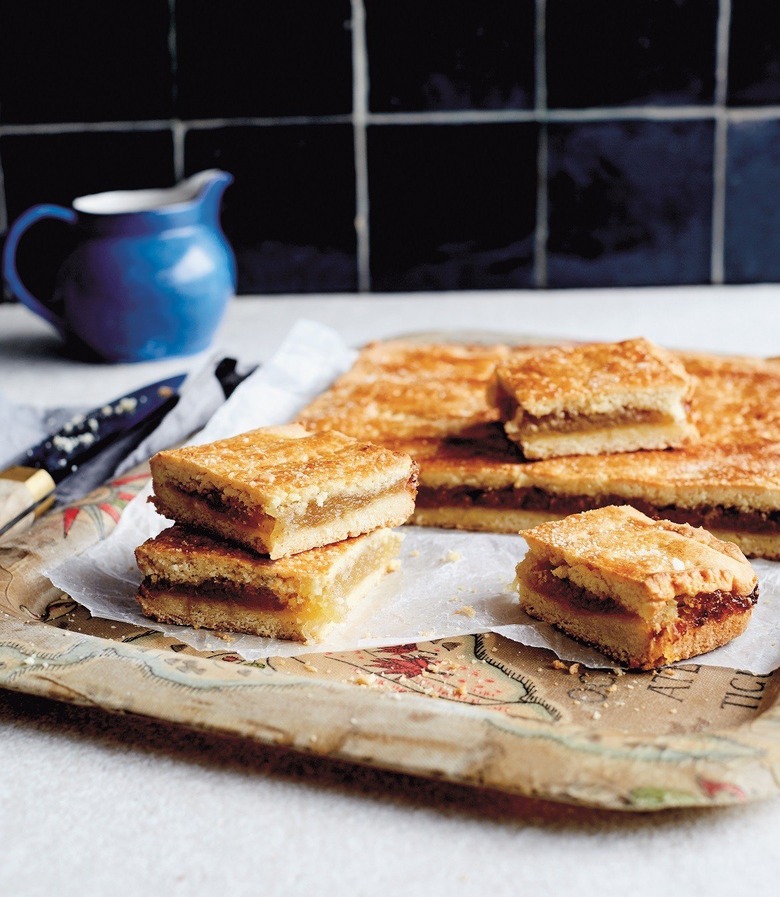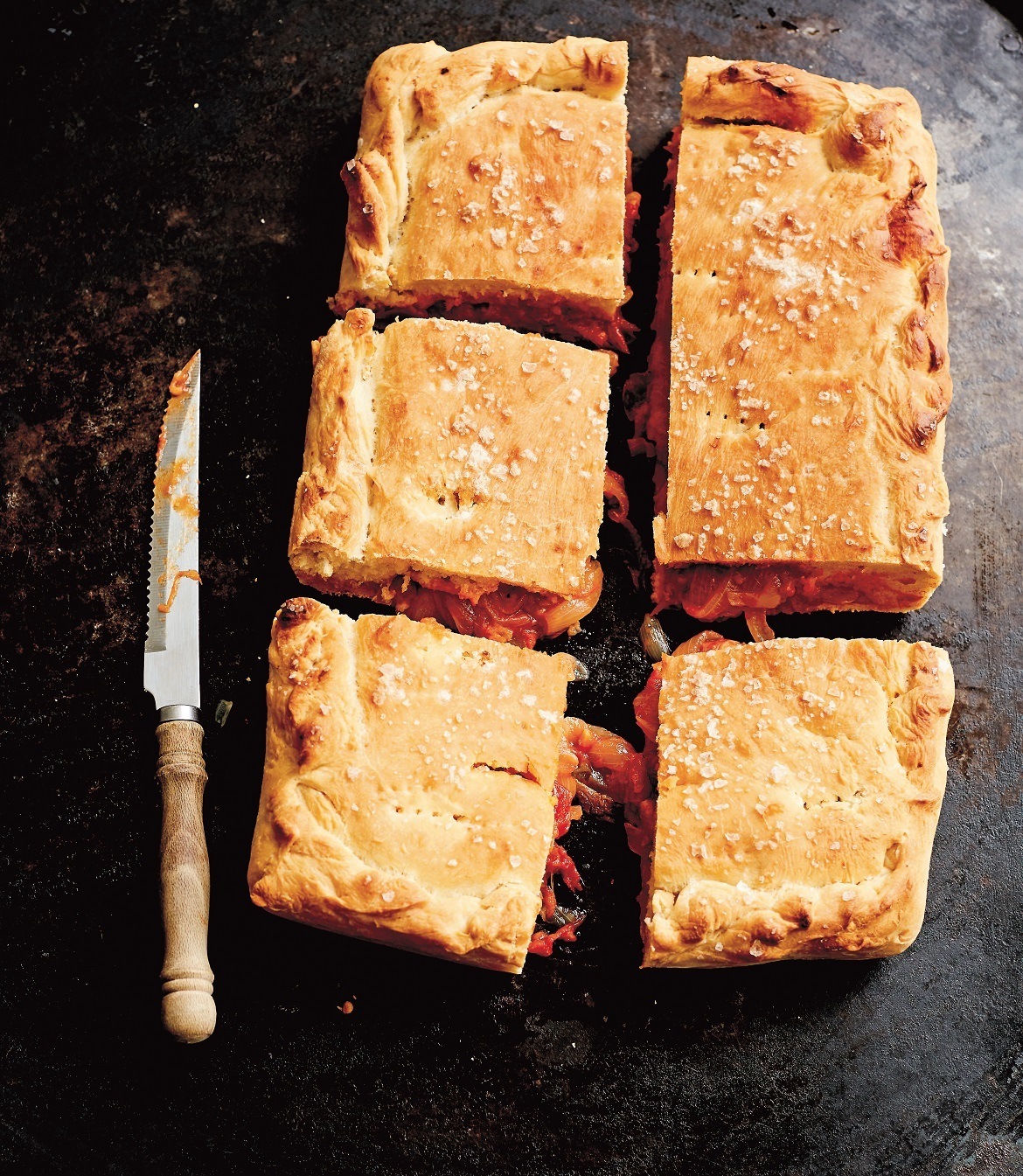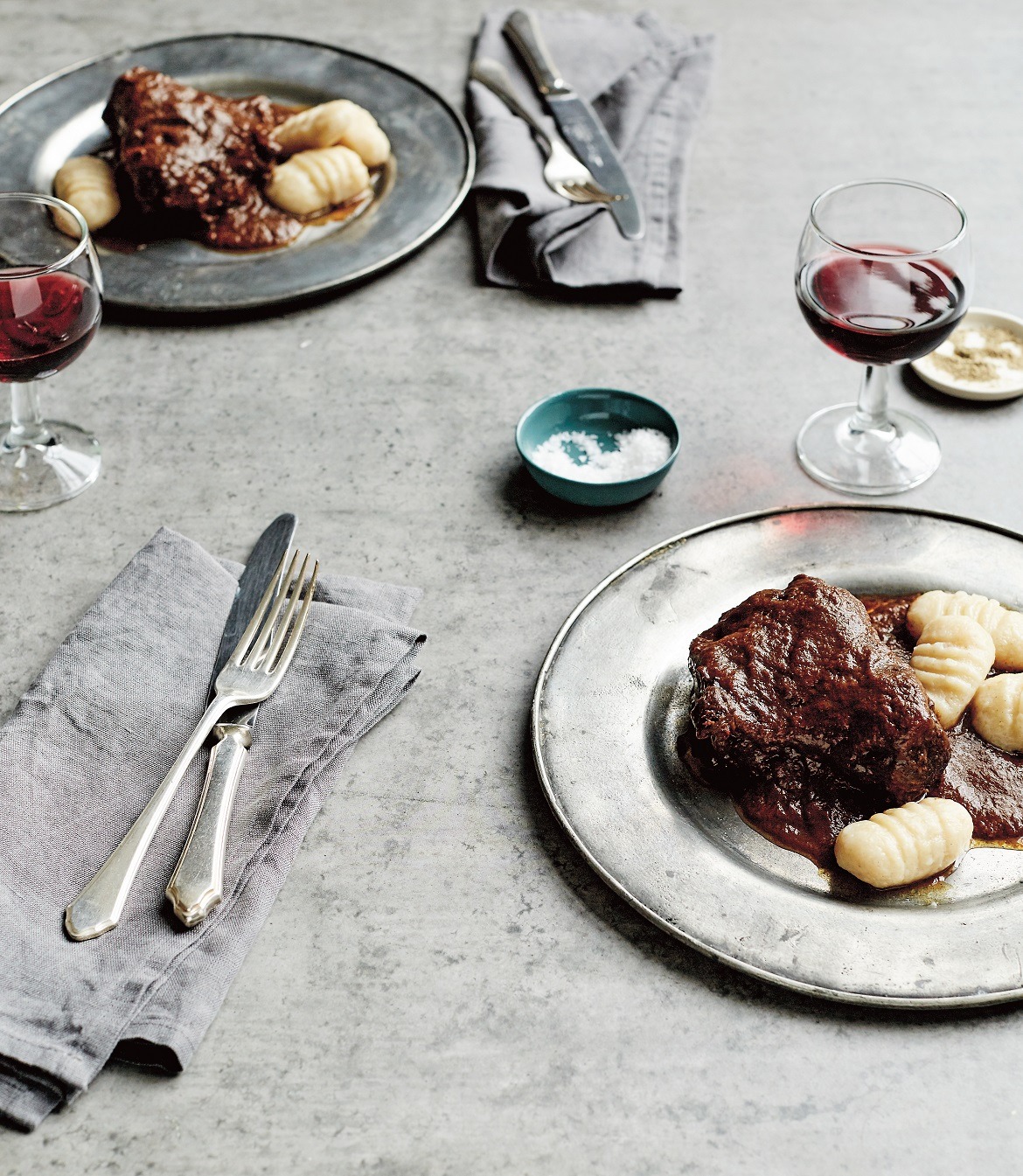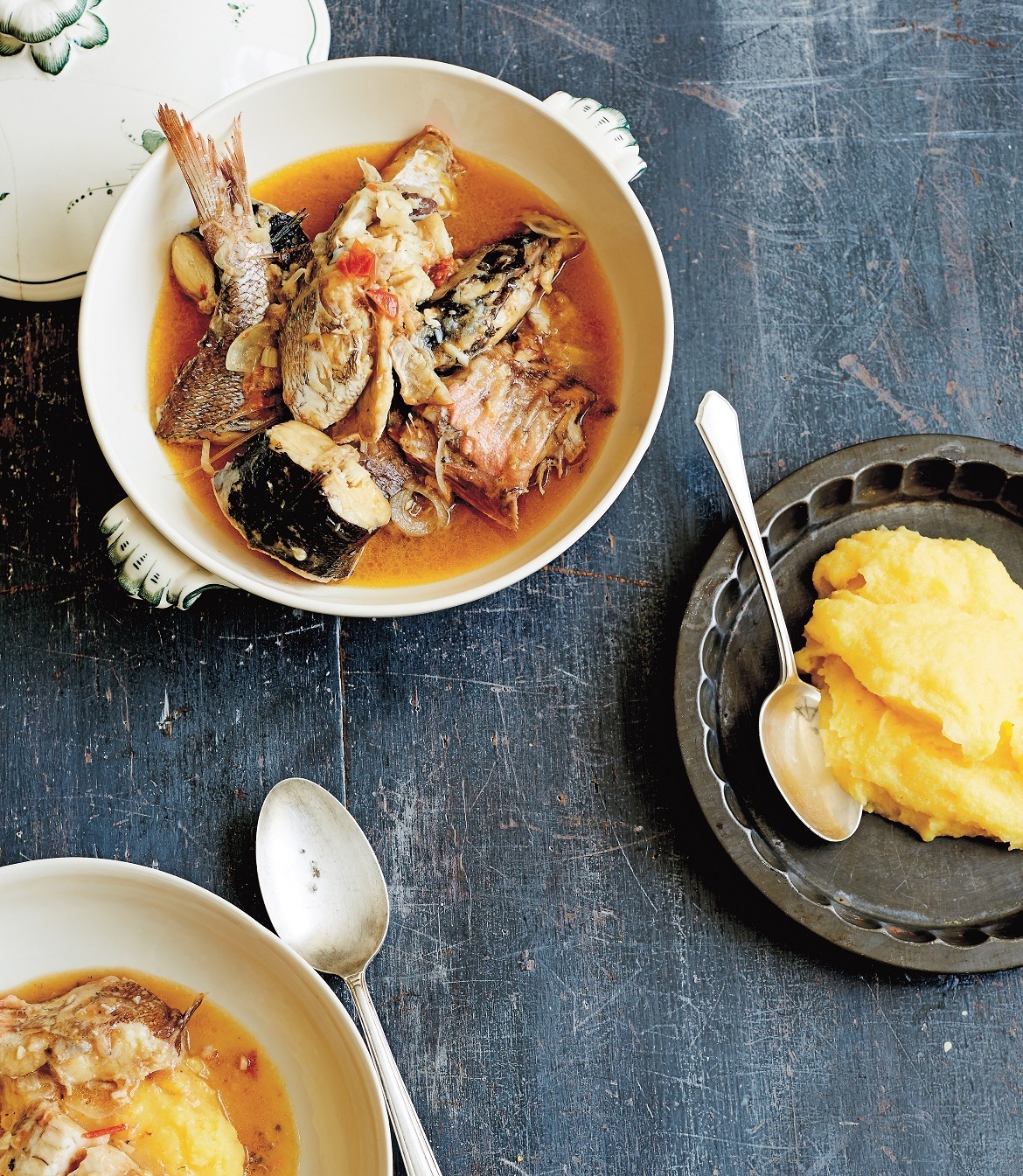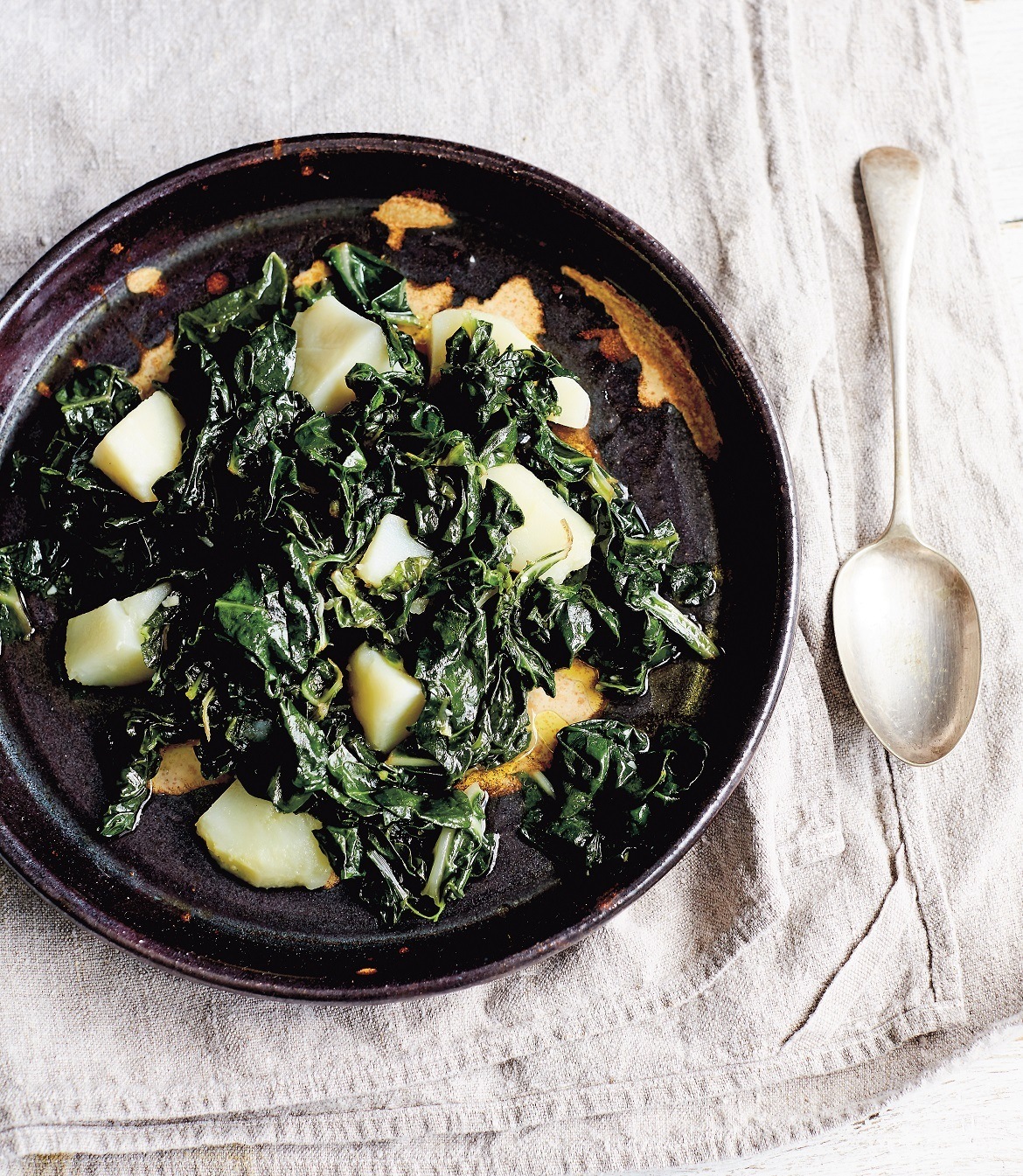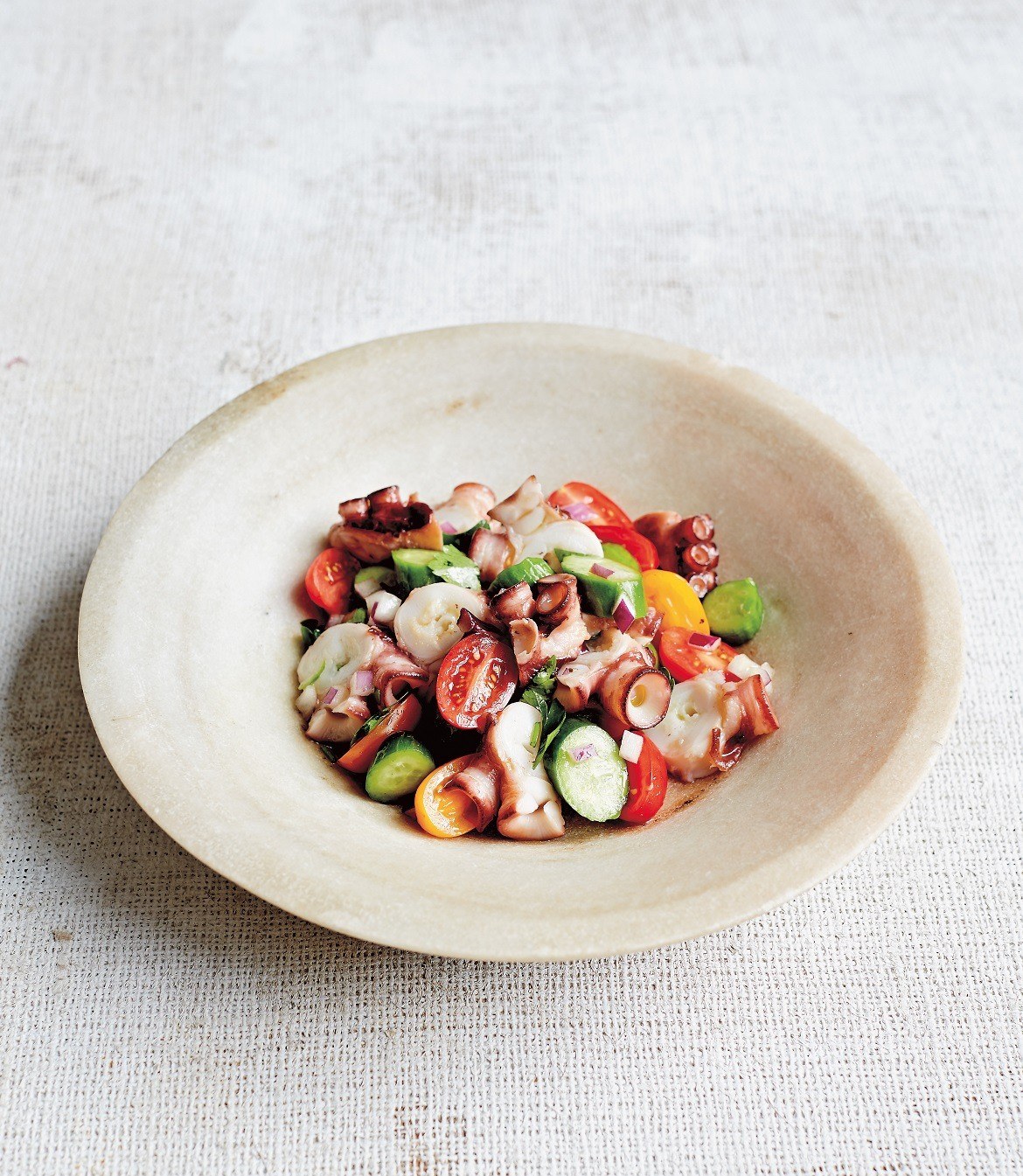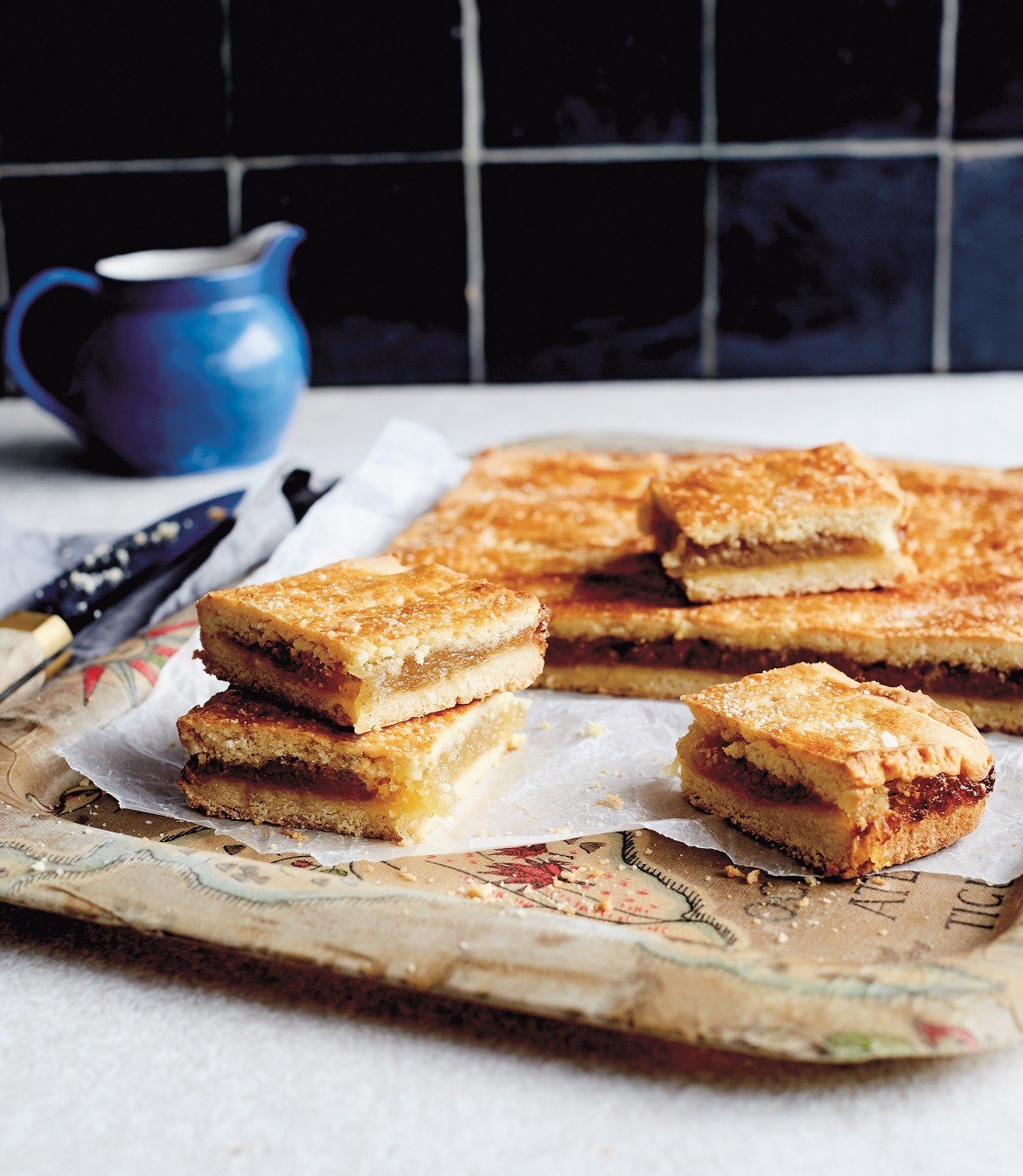Dalmatia: Recipes From Croatia's Mediterranean Coast
We may receive a commission on purchases made from links.
"Dalmatia is a region defined by the sea, with white-pebbled beaches, azure blue sky, and the myriad islands that sparkle like jewels in the crystal-clear Adriatic."
Dalmatia by Ino Kuvačić is a celebration of the traditional dishes and flavors of Croatia's Dalmatian coast. On the edge of the Adriatic, the region (one of Europe's best kept secrets) lies at the crossroads of East and West, resulting in a rich history due to the many cultural influences.
Croatian cuisine in the past was ignored in favor of its more acclaimed Mediterranean neighbours, but it really should not be overlooked. A diet full of vegetables, freshly harvested seafood, olives, grapes, and the 'liquid gold' that is olive oil mark many delicious similarities between Croatia and the rest of the Mediterranean.
"The clean air, abundance of water in many parts of the country, and different types of soils all over the region mean that the produce itself is some of the best in Europe. The inherent flavors of the vegetables, meat, and fish lend themselves to simple yet refined recipes that warm the heart and soul."
Ino Kuvačić was born in Split, Croatia, where he studied to be a chef. In 1997 he moved to Australia, where he worked with some of the country's best chefs in some of the most iconic restaurants including Otto in Sydney and Grossi Florentino in Melbourne.
The aim of Dalmatia is to transport the reader to the "magical shores of Croatia from your home kitchen." Kuvačić hopes to shine the spotlight on the cuisine of his homeland — a frugal but inventive food culture presented in over 100 different recipes with beautiful photographs to complete the experience.
Recipes featured in the book include:
— Salata od Hobotnice (Octopus Salad)
— Slow-Cooked Beef Stew With Prunes and Apples
To purchase Dalmatia, click here.
The Daily Meal: What is your philosophy of cooking (and/or eating)?
Ino Kuvačić : The cooking philosophy I share in this book is about the culture and way of living in my native Dalmatia (southern Croatia), defined by its Mediterranean climate, many different cultural influences, and its unique flora and fauna. Dalmatia is situated in the heart of Europe, it has over 1000 islands and reefs, and the salinity of the Adriatic sea gives the seafood special flavor. Olive oil is the main fat for cooking — some olive trees are over 2,500 years old. Our cooking is determined by seasons and the quality of the produce. We don't use many spices, mostly herbs and olive oil. Sage, rosemary, bay leaves, parsley, and many others herbs are native in Dalmatia. You don't need to buy it, you just walk out of your house and pick it from the bush!
How did it inspire the recipes you chose to include in this book?
My heritage and the food I remember from my childhood in Croatia is my inspiration. All the recipes in the book are from my family — mostly my grandmother Tomica and her sister Ljubica, who lived for 40 years in California. Aunty Ljubica married Fred Mladinov after the Second World War and moved to the U.S. When they retired, they moved back to Šolta, on a small Croatian island in the Adriatic Sea. They lived the same way as they did when they left the island, when there was no electricity and packaged foods.
Aunty Ljubica would bake bread every day in her wood-fire oven and use only vegetables and herbs from her garden. They only bought flour from the shop and meat from the local butcher, my other uncle had a fishing boat and supplied fresh fish almost every day; everything else was from their farm. For me, her food is the best food I ever tasted. Very simple Dalmatian recipes made with great care and understanding of the produce.
I have eaten since in many fine dining restaurants around the world, but nothing warms my soul like that memory of Teta Ljube's — Aunty Ljubica's — organic, heartwarming food. Love, great respect, and understanding for the produce she cooked was pinnacle of her cooking. Ever since, I had great desire to share it with the world.
What is your favorite recipe in the book and why?
It must be braised beef, splitska pašticada. In this recipe I use beef cheeks that are marinated in red wine and prošek (Dalmatian fortified wine, you can use port instead) and vegetables overnight. The beef is slow-cooked with apple and prunes for three hours. It's served with potato dumplings, similar to gnocchi. My grandmother was a master of this dish, it is usually served in Dalmatia for celebrations like weddings or christenings.
What are some of the foods you can't live without?
This is an easy question for a Dalmatian Croatian: Blitva, silver beet or Swiss chard, is served for dinner almost every night. Other Croatians call Dalmatians "silver beets" since we eat it all the time. It could be a reason why Dalmatians are one of the tallest people in the Europe.
Would you rather dine out or cook at home?
I love to cook and have friends over, but also I like to try different foods. We are lucky here in Melbourne, Australia, to be very multicultural and enjoy a wealth of different cuisines and great chefs.
What is your favorite go-to meal or drink?
It must be brudet (Dalmatian fish stew with soft polenta). When we have time to visit my dad at his olive farm in Heathcote (not far from Melbourne), he cooks this dish over an open fire. It feels like we are teleported to the Dalmatian coast — disregarding the kangaroos jumping around!
How do you hope readers will use this book? What do you hope they take away?
These are very simple and easy to make everyday recipes. I was hoping to bring that honesty and warmth of Dalmatian cuisine to the reader. It is a magnificent place.
Is there anything else you'd like to share?
Did you know: It has now been scientifically proven that zinfandel originated from the Croatian town of Kaštela (close to my native town of Split) and its great-grandfather is the crljenak grape.
Also my wife was born in Sacramento, though her family are originally from Croatia. It is a great country!
